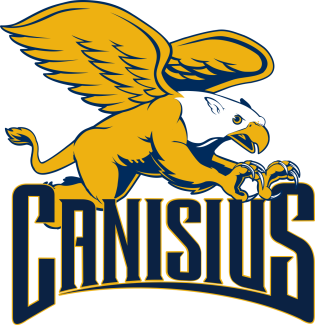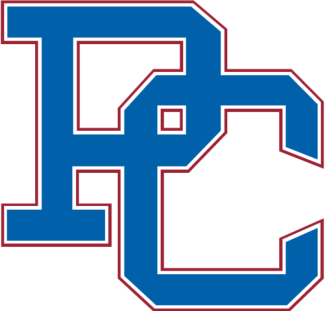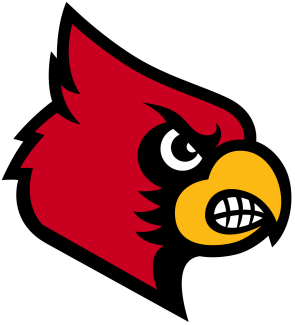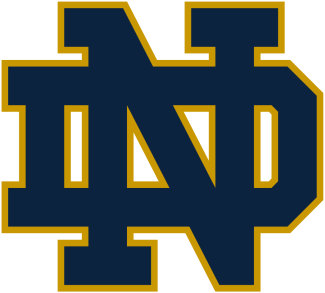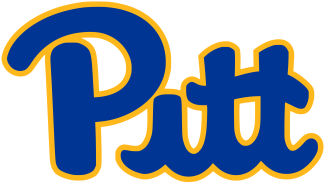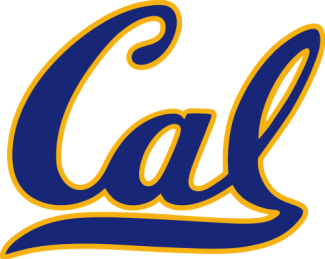
PHOTO COURTESY OF THE SCHAMBACH FAMILY
Mike, left, and Phil Schambach, identical twins, were inseparable.
“The twins,” as they were often referred to, were so close that if you asked Phil how he was doing that summer after high school, he’d say, “We’re great. We’re heading to Rutgers in the fall.”
Recruited to play for longtime head coach Tom Hayes, the Schambachs arrived On the Banks in 1998 at the beginning of a somewhat tumultuous time at RU. Hayes retired in 2000 after 27 seasons, and his successor, Bill Dirrigl, bolted after just one year. Still, the Schambachs loved it there, living in a typical off-campus house on High Street and taking part in all that Rutgers had to offer.
They started to form their own separate identities in college, with Mike taking time off to live with their sister, Mary, in Colorado in 2001. When Schambach returned to New Jersey, Jim Stagnitta had taken over as head coach, and Mike’s competitive drive kicked back into high gear. Rutgers hadn’t been to the NCAA tournament since 1991, and he was going to do everything in his power to end the drought.
“His motor never stopped going,” said Brandon Jones, a fellow midfielder who saw Schambach evolve into one of the nation’s top faceoff men. “If he didn’t win the draw, he would go full speed until either he got the ball back or got an opportunity to get it back on defense. He never stopped moving — full speed, all the time — but he was always smiling, too. He’d be completely exhausted, come off the field, and be joking with the other guys on the sideline. He always had fun doing it.”
Even in the heat of competition, Schambach’s good-natured sense never faded. There was the time he was about to run onto the field, but when he went to put his mouthpiece in, it didn’t fit. So Schambach quickly removed his fake front tooth — the result of a “freak sleigh riding accident” in high school — handed it to the coach, popped the mouthpiece in and made a beeline onto the field.
“Stuff like that was almost common,” Jones said.
After a 2-12 season under Stagnitta in 2002, the Scarlet Knights started 8-1 in 2003. Schambach and his teammates talked about needing to win the big game if they wanted to make the postseason, and they did — twice — winning at No. 4 Syracuse and toppling No. 3 UMass in the regular-season finale to capture the ECAC crown and secure an NCAA tournament bid.
Once again, Schambach had ended a chapter in his lacrosse career on a high note. But you would not have heard about it from him.
“He was such a tough competitor, but off the field, he was quiet; humble,” Jones said. “He left it all on the field, but immediately afterward, whether you won or lost, he was smiling because he knew he did everything he could possibly do to win. And if we didn’t win, well, he was all right with that, too. He’d be joking with you and laughing and having a good time.
“His laugh — you could hear it, and can kind of hear it still.”

PHOTO COURTESY OF THE SCHAMBACH FAMILY
Schambach was a four-time letter winner at Rutgers, helping the Scarlet Knights end a 12-year NCAA tournament drought in 2003 as the team’s top faceoff man. As much of a competitor as he was, Schambach is equally remembered for the joy he played with and the levity he brought to the sidelines.
Andrew Monahan will surely receive bigger paychecks in his career, but there’s something special about seeing that first one.
Having graduated from Montclair State in May, Monahan had recently begun working as a sales consultant for HomeAdvisor. When he got that first check, he did something memorable with it. He donated all of it to a GoFundMe page set up to help support the Schambach family.
“I know he would absolutely do something like that for me in a time of need,” Monahan said.
Monahan came to MSU in the fall of 2014 as part of an incoming class of 13 lacrosse players. By the time he finished his sophomore year, that number was down to two — Monahan and defenseman Luke Nealon. They stayed through the departure of the coach who recruited them and the several wayward months that followed until the Red Hawks named Schambach the ninth head coach in program history.
Schambach had begun his coaching career as an assistant at Fairleigh Dickinson in Florham Park, N.J., where he helped the Devils end a 28-year NCAA tournament drought by capturing the 2009 MAC championship. In 2012, Schambach got his first head coaching job, at another MAC school, DeSales. He spent three years in Center Valley, Pa., taking the Bulldogs to two postseason appearances and the first playoff victory in program history — a four-overtime thriller against King’s College on April 29, 2014.
That same month, Mike and his wife, Lindsay, welcomed their first child, Cameron Joseph, into the world, and in the days that followed, that infectious smile couldn’t be wiped from the proud papa’s face. When the opportunity presented itself later that same year to take the reins at MSU, “It was one of the hardest decisions Mike ever had to make,” said Phil Schambach. “He loved those kids at DeSales and had an incredible bond with them.” Ultimately, the chance to be closer to his family’s home in Raritan, N.J., swayed him to make the move to Montclair.
The program at MSU was well-established, but Schambach had a vision of building it into a national contender. He came in “guns blazing,” putting together the toughest schedule he could, recruiting tirelessly and spending countless hours coming up with game plans, scouting reports and practice plans.
“He wanted to win a national championship, and every move he made was trying to build toward that,” said Carmody, who won back-to-back state titles under Apel as a defenseman at BRHS in 2011 and 2012. “It was kind of something that he was obsessed with.”
In just his second season, Schambach led the Red Hawks to their biggest win in school history — a 10-7 win at Keene State in the first round of the 2016 NCAA tournament. As the giddy players celebrated MSU’s first-ever NCAA victory in the locker room afterward, Schambach quietly stepped outside and called Lindsay to share news of the victory.
When the Red Hawks boarded the bus for the long ride back to New Jersey, Schambach was already game-planning for their next opponent: No. 1 Ithaca three days later. Although MSU would fall 11-8, the Red Hawks took the top-ranked team in the country down to the wire in an NCAA tournament game on the road.
“That’s a huge credit to Coach Schambach,” Monahan said. “He was able to scout and really give us an excellent game plan going into games that we probably shouldn’t have been in and games we probably shouldn’t have won.”

PHOTO COURTESY OF JOE KAYE
Schambach had a vision of turning Montclair State into a national contender. He remained committed to that vision through his illness. Unless he was under anesthesia and it was physically impossible for him to be on campus, Schambach never missed so much as a meeting.
When recruiting, Schambach sought to bring in the type of players that would help foster a family atmosphere at Montclair. He viewed his players as an extension of his own family and stressed to them the importance of being good people off the field, getting good grades, getting involved in the community and treating women right. He wanted them to become good fathers and good role models, not just good lacrosse players.
And when it came to his own family, which he was more proud of than anything, Schambach couldn’t help but take his sunny disposition up another notch. After every game at MSU, win or lose, Mike would smile from ear to ear as Cam ran out onto the field and took up his perch atop dad’s shoulders.
“Mike was a very passionate guy; he loved everything that he did,” Carmody said. “He was always a positive, happy, upbeat guy. But when he would talk about Lindsay and Cam and, most recently, Chloe, it just went to a different level. He took such joy in being a father, and family was always first for him. Lindsay really was the love of his life, and he would always talk to the guys about respecting women, saying, ‘You’re going to marry your best friend,’ which is what he did. He was so thankful that she was so understanding of what the coaching lifestyle is like.
“This season was tough, but he did spend a lot of time with his family, and as the disease took over, that’s kind of all he did: coach lacrosse and be there for his family at Montclair, then go right home and be there for his family there.”











